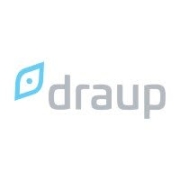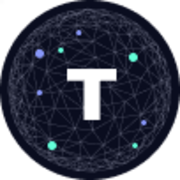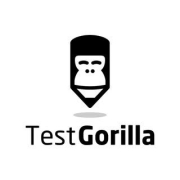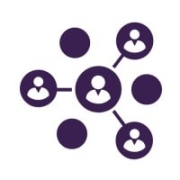Talent Intelligence offers insights into workforce capabilities, helping organizations make informed decisions about hiring, development, and retention. This solution leverages data to predict future talent needs and optimize HR strategies.
By using Talent Intelligence, businesses can analyze workforce trends and identify skill gaps, enabling a strategic approach to managing talent. This data-driven method supports better decision-making, enhances employee engagement, and aligns workforce planning with business objectives. Reports indicate that many users appreciate the actionable insights provided, making it easier to anticipate changes in workforce dynamics.
What features should you look for?In healthcare, Talent Intelligence helps manage staffing levels, ensuring that critical roles are filled promptly. Manufacturing industries use it to forecast labor needs based on production cycles, improving operations efficiency. Financial services rely on it for skill development and succession planning.
Talent Intelligence is essential for organizations aiming to stay competitive by leveraging data insights. It enhances the ability to attract, retain, and develop a skilled workforce that aligns with organizational goals.
















Talent Intelligence leverages data analytics to enhance recruitment processes, reduce biases, and predict future hiring needs. By analyzing candidate data, organizations can identify skill gaps, optimize workforce planning, and improve retention rates. Integration with AI technologies allows for advanced talent mapping and competitive benchmarking. Real-time insights enable data-driven decision-making, resulting in a more efficient and effective talent acquisition strategy. Customizable dashboards provide actionable metrics, facilitating collaboration between HR and management. Enhanced candidate profiling improves the quality of hires and aligns talent management with business objectives, thereby driving organizational growth and competitiveness.
Talent Intelligence can revolutionize your recruitment strategies by providing data-driven insights into talent pools, competitor hiring trends, and skill shortages. By leveraging these insights, you can identify the best candidates more effectively and tailor your recruitment marketing to attract top talent. This strategic approach helps you to predict hiring needs and stay ahead of industry changes.
What role does AI play in Talent Intelligence solutions?AI is a critical component in Talent Intelligence, driving automation and data analysis. It helps sift through vast amounts of data to identify patterns and trends that would be difficult for humans to detect. AI-powered tools can predict future hiring needs, identify skill gaps, and even suggest potential candidates, making the recruitment process more efficient and targeted.
What are the common challenges faced when implementing Talent Intelligence?Implementing Talent Intelligence comes with challenges such as data integration from multiple sources, ensuring data privacy, and managing data quality. Another challenge is the need for continuous updates and training of systems to maintain accuracy. Organizations must also align Talent Intelligence initiatives with their strategic goals for effective implementation.
How does Talent Intelligence support workforce planning?Talent Intelligence supports workforce planning by providing insights into current and future talent needs. It offers data on employee skills, engagement levels, and potential attrition rates. By understanding these factors, you can make informed decisions about training, development programs, and succession planning to ensure business continuity and growth.
What industries benefit most from Talent Intelligence solutions?Industries that are rapidly evolving, such as technology, finance, and healthcare, benefit significantly from Talent Intelligence solutions. These industries face constant changes in talent demand and skill requirements. Implementing Talent Intelligence allows these sectors to stay competitive by adapting to market changes quickly and efficiently.